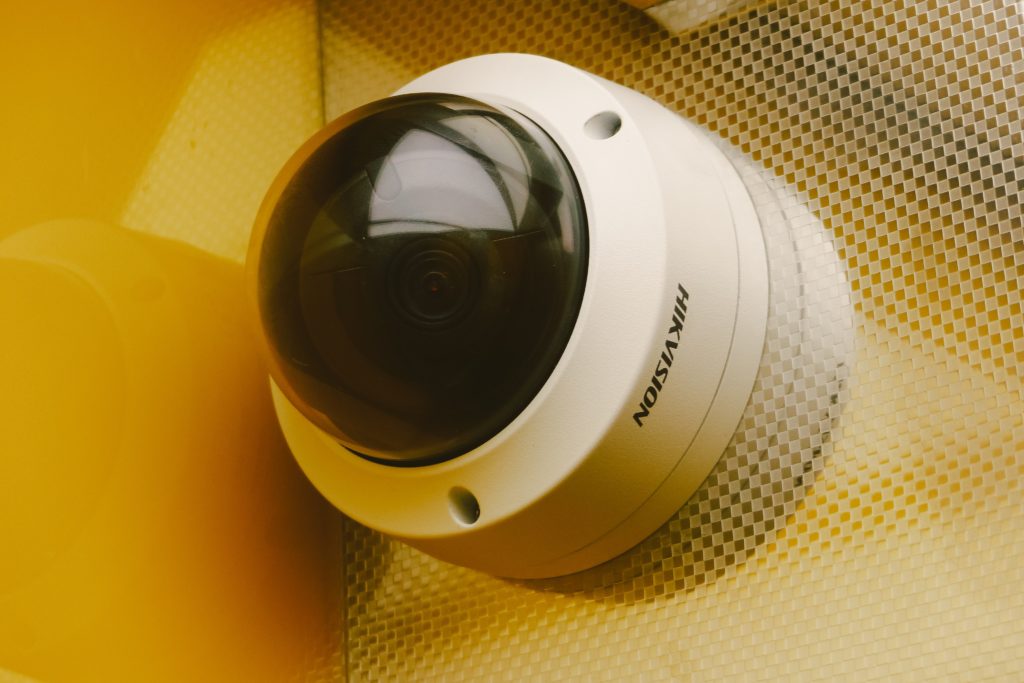Data Security in Outsourcing

In a time of rapid technological advancement, the laws are scrambling to keep up. As the world gets increasingly more nuanced, sensitive, and data-driven, protecting data is crucial. Along with this comes the rising trend of companies choosing to outsource their work to reap a myriad of benefits. Some of these benefits include cost reduction, improvement in productivity, speed and scalability, higher operational excellence, and increased security.
This trend, coupled with the urgency of heightened data security, demands a highly secure data and work environment. Data breaches have become alarmingly common, and with it, the stress on cybersecurity has also increased. There’s a need for comprehensive security measures to protect data, hardware, and networks against all kinds of viruses or malware. There are multiple ways to achieve data security and data privacy, including thorough physical protection. With comprehensive quality management systems and procedures, remote management and continuous security awareness are implemented, which guarantee better data security in outsourcing.
- Physical Security

Data security begins within the company, even while outsourcing. Every single department, from commercial to production to the team directly dealing with the company’s sensitive data, is responsible for risk management. One way to achieve this is through surveillance.
Surveillance may be the obvious answer to better security on grounds, but there’s one area that’s often overlooked or not handled properly. Companies’ surveillance systems are often outdated or not maintained. In addition, the placement of surveillance cameras often overlook some of the key processes or places, leaving a loophole in the system. To overcome this challenge, offshore BPO companies specialize in cybersecurity as this is the first concern they have to satisfy while servicing their international clients.
Besides proper video surveillance and data security personnel overseeing physical security, every employee has an access card to the office facility. Access through biometric data, such as biometric fingerprinting, is usually implemented to ensure an extra layer of security to protect the integrity of data.
2. Being Aware of Rules and Regulations

There are data and compliance standards set by the International Organization for Standardization (ISO) and Health Insurance Portability and Accountability Act (HIPAA). Business Process Outsourcing (BPO) companies that comply with these regulations comprehensively ensure data security in outsourcing. There’s a well-defined way to adhere to these rules and regulations even while work is being done remotely by offshore teams.
When adherence to privacy laws is stressed, some laws to think about are GDPR, DPA 2012, and HIPAA compliance. The General Data Protection Regulation (GDPR) is legislation that went into effect in 2018. It is considered to be the strongest privacy and security law in the world and it comprises seven principles:
- Lawfulness, fairness, and transparency
- Purpose limitation
- Data minimization
- Accuracy
- Storage limitation
- Integrity and confidentiality
- Accountability
Another major act and regulation in the Philippines is the Data Privacy Act of 2012 or DPA 2012, which protects both growth and innovation by allowing for information and data to flow freely, all the while ensuring that the privacy of all outsourced data is safeguarded. It’s able to achieve this by regulating the recording or collection, organization, storage, changing or updating, retrieval, consultation, use, consolidation, destruction, or deletion of personal data.
This legal process was devised and enforced by the Philippines government and has since seen the country’s rise to better data privacy and data security. Violators of these laws and regulations are punished with fines and other measures. Hence, any person or organization that processes personal data is subject to the Data Privacy Act of 2012 (DPA) law, including those that, despite not being based in the nation or have an established presence there, employ local technology or keep a local office, branch, or agency.
3. Independent Verification of ISO 270001:203 Audit Process
Implementing the ISO management system ensures enhanced company credibility, customer confidence, staff performance, increased security, and company image. Competent offshore BPO companies use independent verification ISO audits to guarantee that the program, product, or system meets the essential criteria and predefined goals. These internal verification audits are conducted periodically to validate that all processes run smoothly and strictly according to standards. Following is a brief overview of the independent verification process of the ISO 27001: 2013 internal audit.
- A Pre-audit Survey to Establish the Scope
The company conducts a risk-based evaluation to decide the audit’s focus and identify which areas are out of scope. Research in the field, prior ISMS (information security management system) reports, and other written materials, such as the ISMS policy, might all be considered for relevant data.
2. Action Plan and Preparation
This entails creating an audit work plan in which the audit’s timing and resources are agreed upon with management. Traditional project planning charts, such as Gantt charts, may be useful.
3. Gathering Data and Evidence
After developing an audit work plan, auditors collect evidence by interviewing personnel, managers, and other ISMS stakeholders.
4. Analysis
The audit evidence should be organized, filed, and analyzed in light of the risks and control objectives. Analysis may reveal gaps in the evidence or highlight the need for more audit tests, which will require additional field testing.
5. Reporting the Findings and Outcome
The audit evidence should be organized, filed, and analyzed in light of the risks and control objectives.
- A brief overview of the work that was done, including its goals, timeline, and scope;
- A synopsis that highlights the most critical findings, provides a quick evaluation, and draws a conclusion;
- Who should receive the report, how the report should be classified, and who should receive copies;
- Extensive research and analysis;
- Summary and suggestions; and
- A report detailing the auditor’s suggestions or constraints on the project’s scope.
As a result, offshore BPO companies in the Philippines provide a wide range of services to an equally diverse roster of clients or accounts. They strictly and willingly adhere to the implementation of these laws to increase the productivity, profitability, and reliability of themselves and their global clients.
Streamlining Processes
While streamlining processes may be harder to do in remote or outsourced work, it’s even more necessary to accomplish. There are multiple software and techniques that have evolved to help companies streamline all of their processes and track their work in real time.
In-house employees can be trained to oversee and monitor the progress of any outsourced work. These employees can also be trained to stay wary of any possible data breaches or suspicious activity.
At Infinit-O, we partner with the world’s fastest-growing technology, financial, and healthcare services companies that want to scale and advance their brand. Demonstrated by our world-class Net Promoter Score of 67+, we deliver the highest quality outsourcing services using our unique data-driven approach by combining powerful technology and high-performance teams within our highly-engaged and agile culture.
Our expertise includes Customer Experience, Back Office, Sales, Data Science, and Engineering. To reap the extensive benefits and achieve data security in outsourcing, visit our website today!







This site is protected by reCAPTCHA and the Google Privacy Policy and Terms of Service apply.